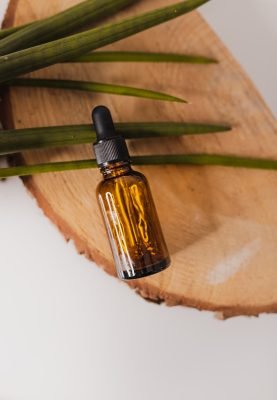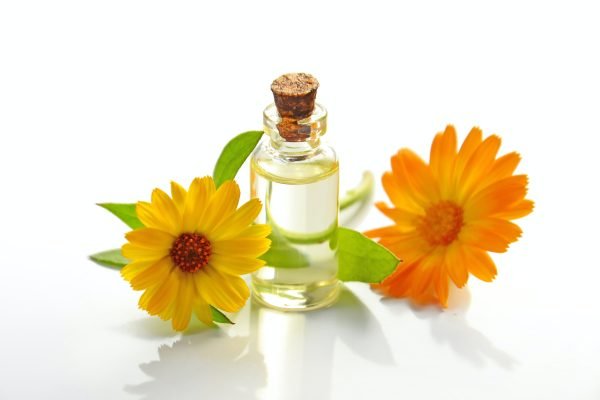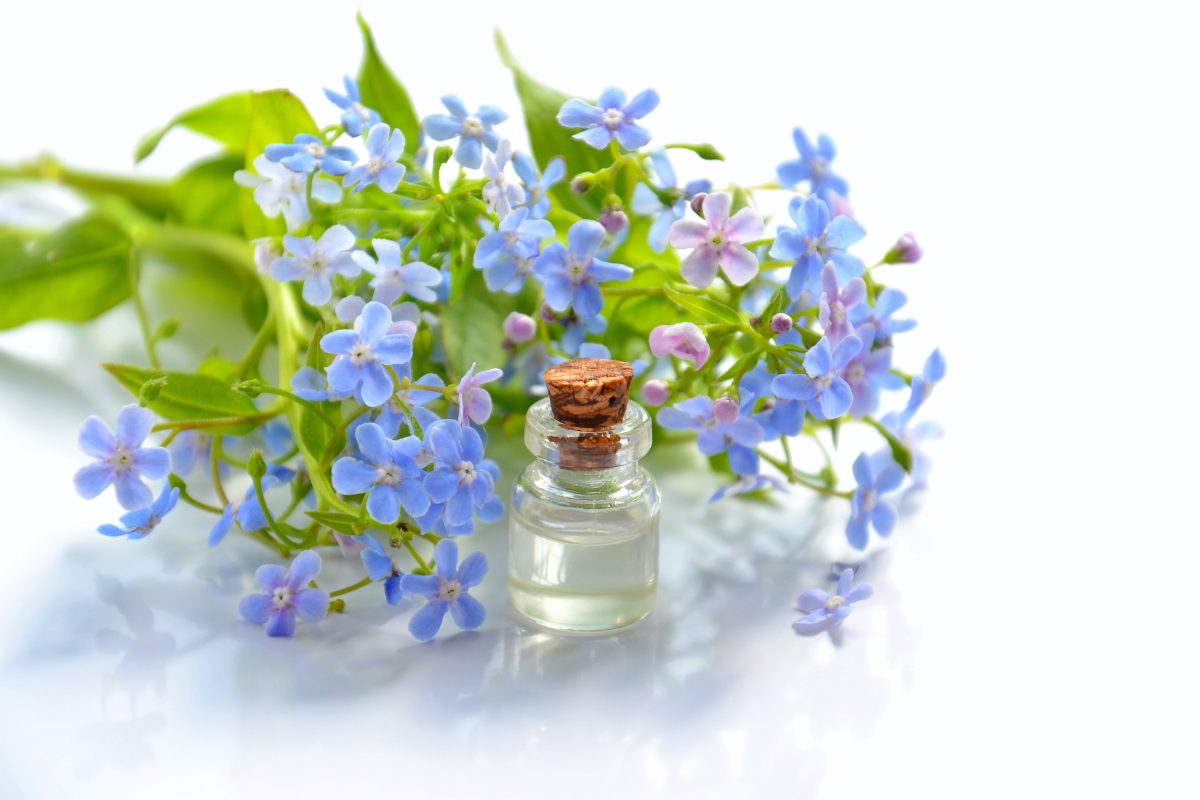A Guide to Essential Oils
Essential oils have been used for centuries for their therapeutic and aromatic properties. These natural plant extracts have found their way into various aspects of our lives, from aromatherapy, home fragrances and skincare to cleaning and holistic wellness. In this comprehensive guide, we will explore the world of essential oils, delving into their history, extraction methods, popular uses, and safety considerations.
Are essential oils a new thing?
Essential oils have a rich history dating back to ancient civilizations such as Egypt, Greece, and China. They were used for medicinal, cosmetic, and spiritual purposes.
Today, they are widely used in traditional, alternative medicine and home fragrances.
How are essential oils made?
The most common method of essential oil extraction is by steam distillation to separate the volatile compounds from plant material.
Cold press extraction is used for citrus oils, where the peel is mechanically pressed to release the oils. Yields highly concentrated oils with a fresh, fruity scent.
A less common method involve the use of solvents like hexane. This method yields a concentrate, which is then further processed to obtain the essential oil.
CO2 extraction utilises pressurised carbon dioxide to extract essential oils. Yields oils with a high level of purity and a more complete aroma profile.
What are the most common types of essential oils?
Lavender – Known for its calming and soothing properties. Used for relaxation, sleep, and skincare.
Tea Tree – Antibacterial and antifungal properties. Commonly used for skincare and wound healing.
Eucalyptus – Respiratory support and decongestant. Used in aromatherapy and cold remedies.
Lemon – Refreshing and uplifting citrus oil. Popular in cleaning products and air fresheners.
Bergamot – Fresh, uplifting aroma. Soothes and rejuvenates the skin.
Grapefruit – Invigorating oil. Promotes energy and a sense of well-being.
Peppermint – Energizing and invigorating oil. Used for digestion, headaches, and mental clarity.

What are the uses of essential oils?
Aromatherapy and home fragrances – Harnesses the power of scent to promote emotional and physical well-being. Essential oils are diffused in home fragrances, inhaled, or applied topically.
Skincare and Beauty – Essential oils are added to lotions, serums, and masks for their rejuvenating and healing properties. Examples include rosehip oil and frankincense oil.
Massage Therapy – Essential oils are diluted in carrier oils and used for massages. This promotes relaxation and relieves muscle tension.
Cleaning and Disinfecting – Essential oils like tea tree and lavender are natural alternatives to chemical cleaning products. They have antibacterial properties.
Pain Management – Essential oils such as ginger and chamomile can be used topically to alleviate pain and inflammation.
Things to remember
Essential oils are highly concentrated and should be diluted with a carrier oil before topical use. Dilution ratios depend on the specific oil and the intended use.
It is recommended to Perform a patch test to check for allergies or skin sensitivities. Some oils may cause skin irritation, especially if used undiluted.
Certain citrus oils, like bergamot and lime, can make the skin more sensitive to sunlight. So avoid sun exposure after applying these oils.
Ingesting essential oils is a controversial topic. If you are considering ingesting, consult a qualified aromatherapist or healthcare professional.
Some oils are not recommended during pregnancy or for young children. Always seek advice from a healthcare provider.
Essential Oils in Modern Healthcare and Home Fragrances
Essential oils are increasingly used alongside conventional medicine for holistic healthcare. Studies suggest potential benefits in pain management, anxiety reduction, and more.
Clinical Aromatherapy – Healthcare professionals are incorporating aromatherapy into patient care. Essential oils in home fragrances are used for stress reduction, nausea control, and wound care in clinical settings.
Essential oils can offer a wide range of benefits from their therapeutic uses in aromatherapy to their applications in skincare and cleaning. However, it’s crucial to use them safely and responsibly, considering individual sensitivities and consulting with professionals when necessary.
Check Fio de Ouro’s range of essential oils.

https://fiodeouro.net/product/fio-de-ouro-uv-protect-spf-50-sunscreen-100ml/

